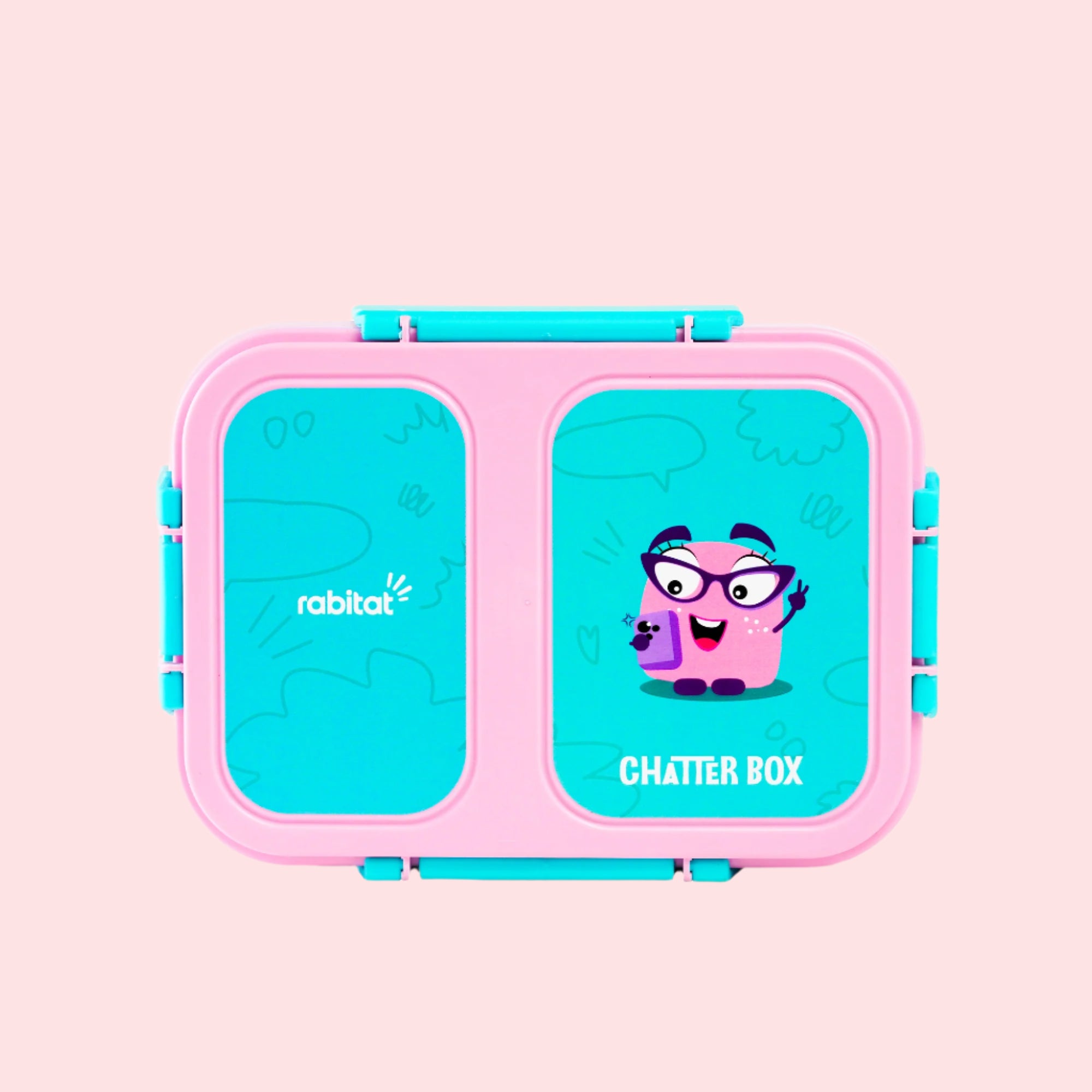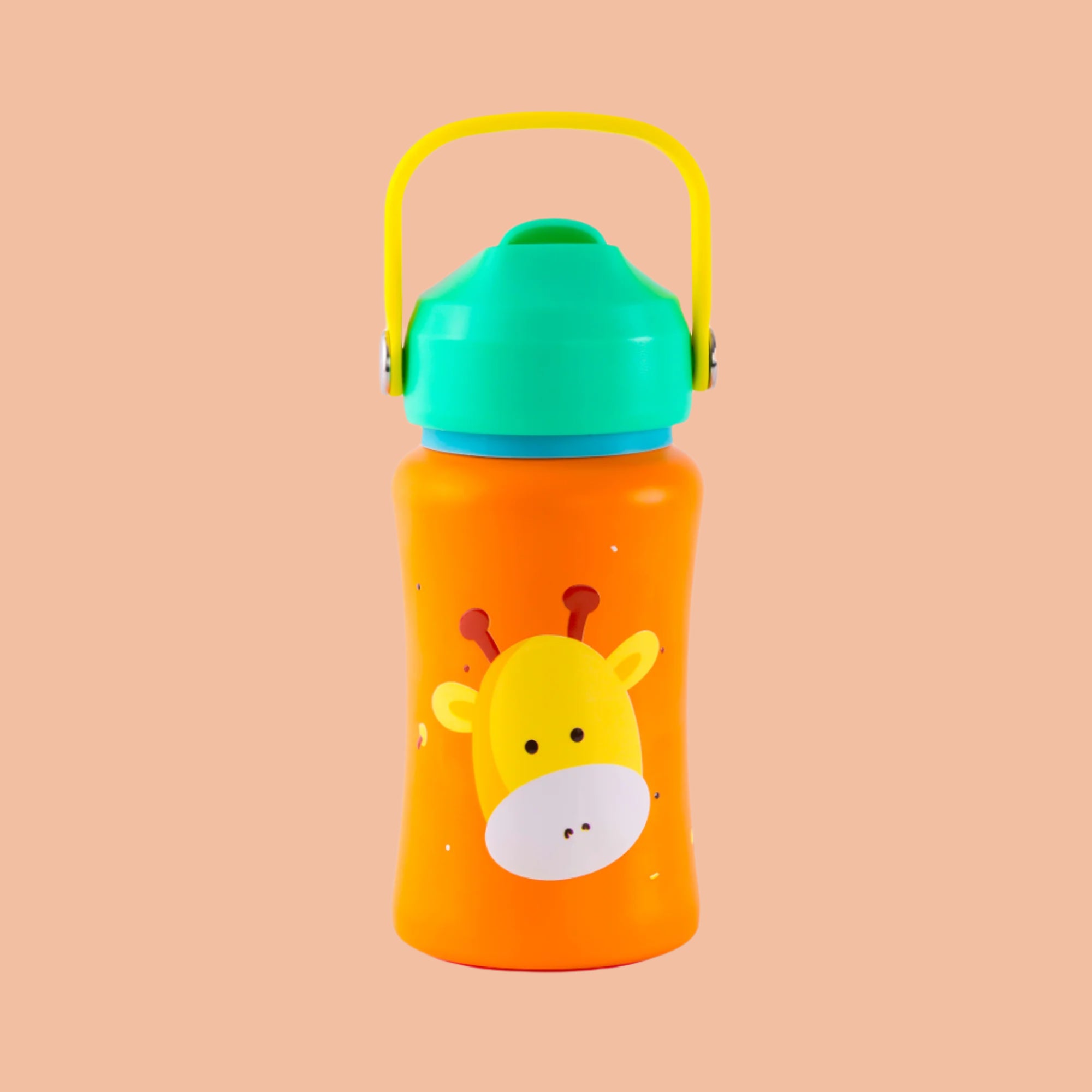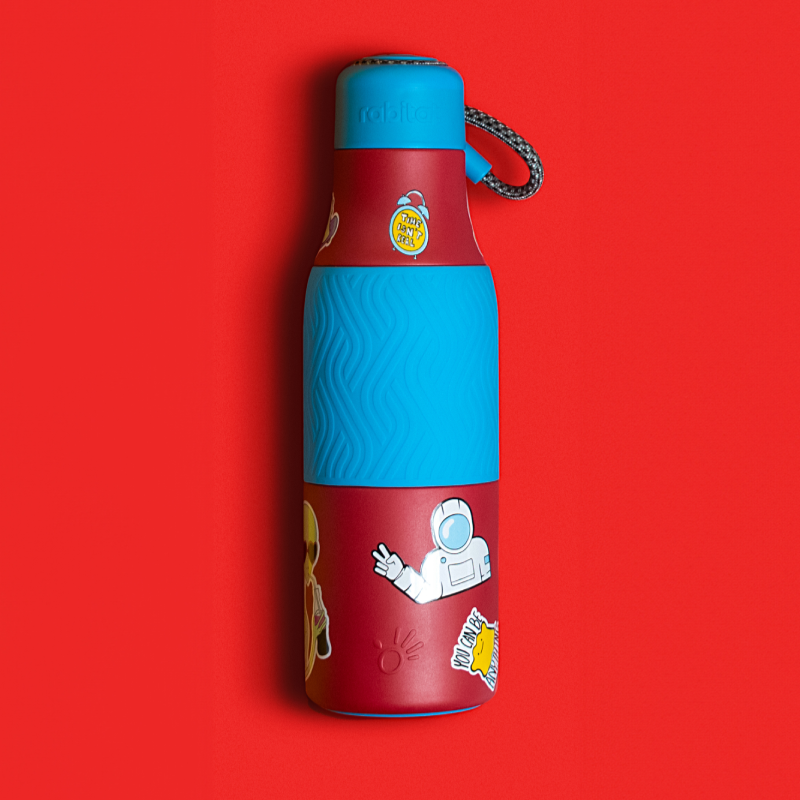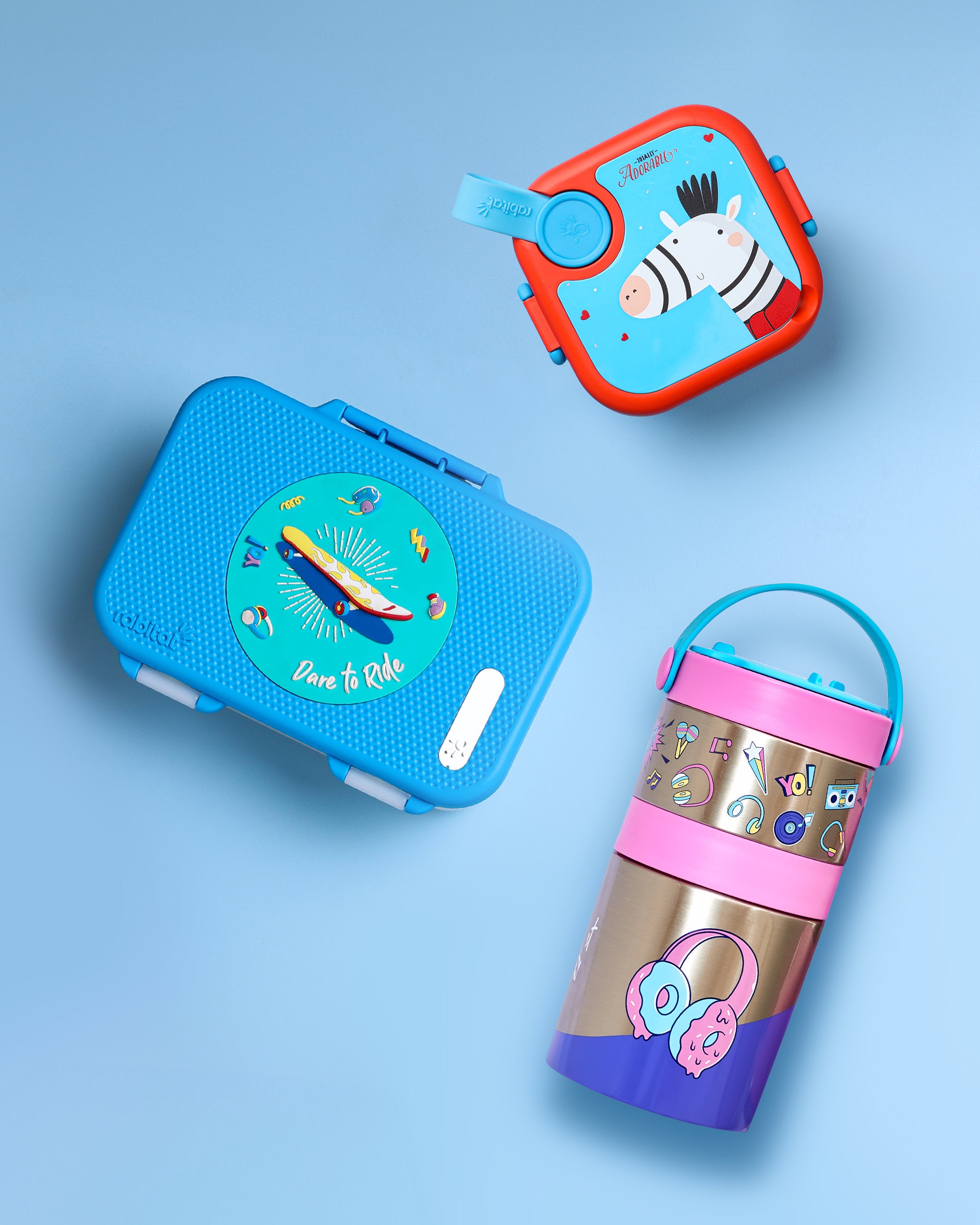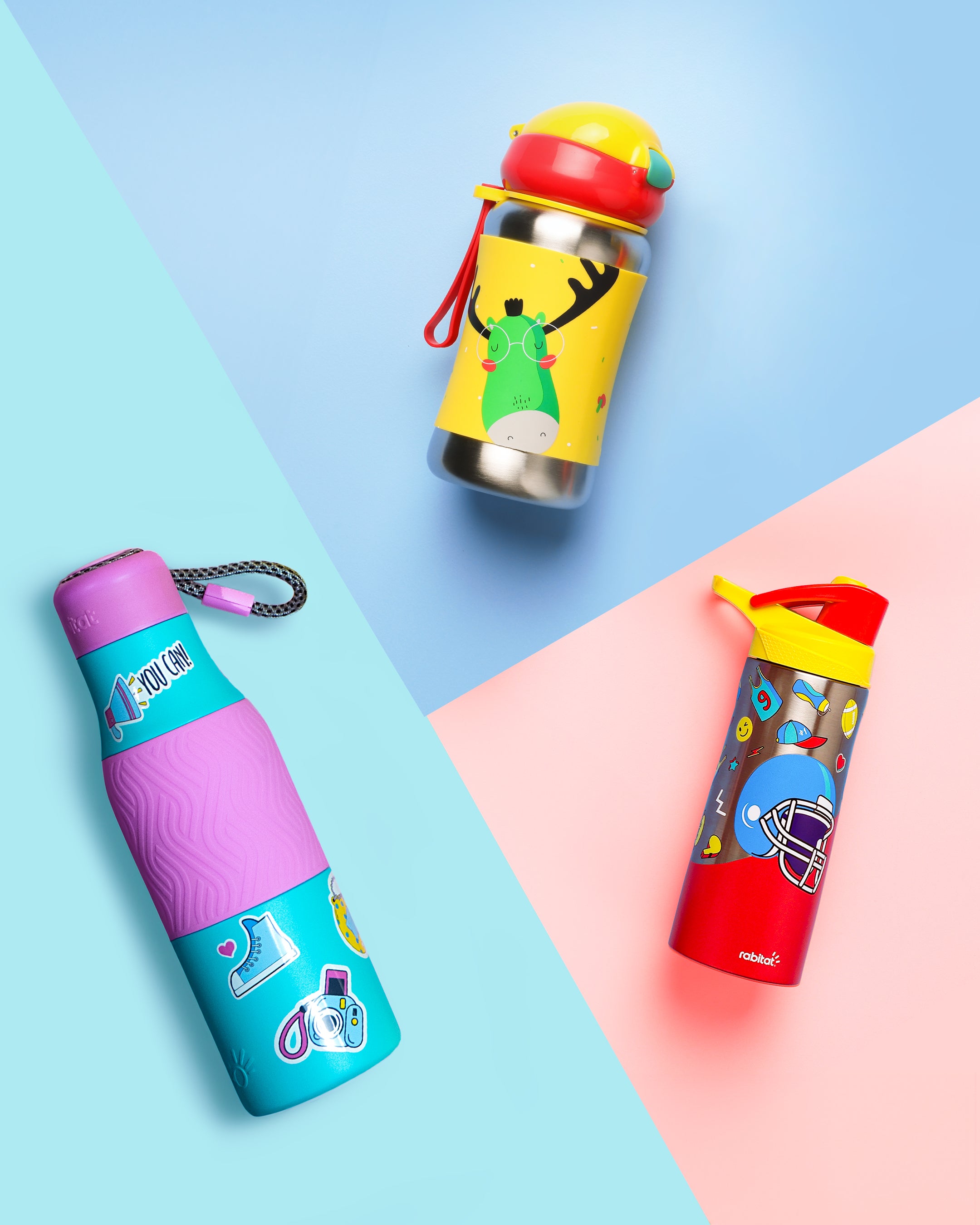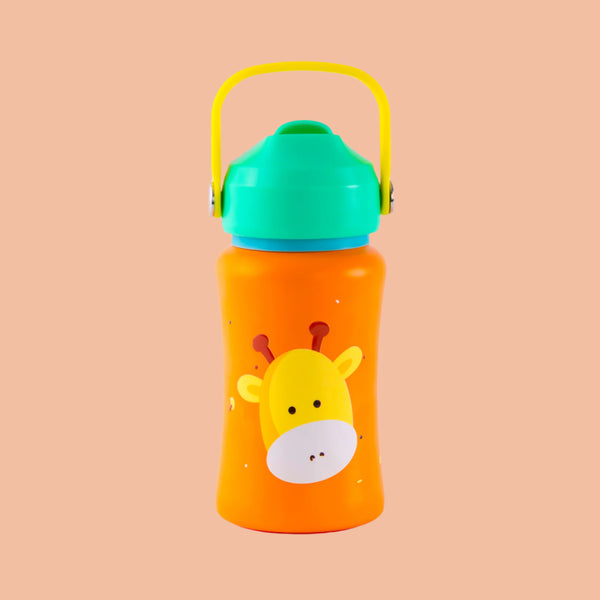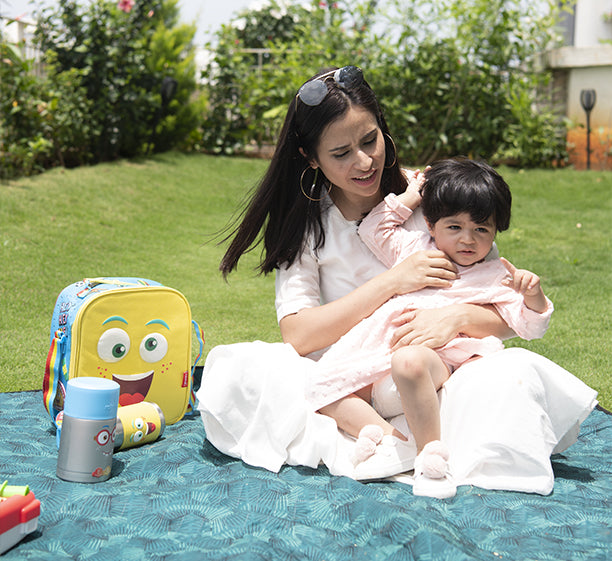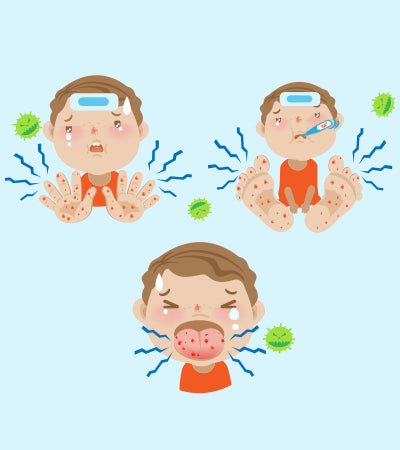The terrible twos don't have to be so terrible If done right!
Around the age of two, your toddler will be talking, walking, climbing, hopping, running, and full of energy. A growing number of words are being added to your child's vocabulary on a regular basis.
According to research,authoritative parenting is more effective than authoritarian parenting in raising a self-reliant child. As a parent, you want your child to listen to you, respect you, and trust you rather than fear you. It is important to be supportive but not be a helicopter parent.

What are the terrible twos?
A phase marked by frequent temper tantrums, rapid mood changes and other sometimes-difficult impulsive behaviours, the terrible twos begin around the age of 2 (give or take).
One minute, they may be playing happily with their toys, and the next, they may be cranky about things they can't understand. Alternatively, they will insist on a blue sippy cup when you only have red and green ones - and then have a full-blown meltdown when you gently remind them what's available.
Why is your toddler acting out like this? Children at this age undergo big developmental changes, and toddlers' thinking and emotions have become more sophisticated. There are many things your child can understand, and he can ask for things, even if he doesn't always understand you fully (and does a lot of pointing). This could also be the time when you start letting them take their BABY STEPS towards independence like Potty Training!
Happy Parent = Happy Toddler! How?
Toddlers are especially elated when they see the adults around them are happy as well, as per UNICEF.
So, make sure you don't forget to cherish those teeny-tiny steps as you raise a possible mischievous two!
We thought that you might help raise a toddler. So here is our "Two Cents," which may help you in the long run.
You can give your child things they can put inside containers and then take out. By doing this, they can develop eye-hand coordination, which is great for learning.
Have your toddler stack up things. Stack things up until they fall down, or your kid should try to stack things on their own and make them fall.
Quell, Nurture Curiosity, Never Kill It!
Encourage your child to talk by asking simple questions and responding to their attempts. Encourage them to engage in conversation and ask more questions. It may annoy you if they ask you questions every second, but it's for the greater good!

Remember! An Inquisitive Child is a Good Sign.
Discuss different realities with your infant, such as nature, pictures, and items in your environment. You should observe your toddler interacting with the environment and exploring it.
Create a game out of simple questions: "Where is your toe?" or "Where is the bird?".
Use images to let them explore and understand what they see. They need to grow in their curiosity and willingness to communicate about what they see and hear.
WARNING!
Oh! The Terrible Two can also be the whistle blower of your house. So you better start watching what you say in front of these innocent yet fast learners.
Because by this age, most toddlers can repeat words they overhear in a conversation.
Safety of Toddlers
It can be challenging at this stage since a toddler is like a walking baby who is fearless. Even though this stage will pass, you will need to watch your toddler every minute of the day. They are capable of opening doors and leaving the house. The medicines you accidentally leave out can be eaten by them.
Safety First!
Toddler proofing your home and anticipating what they may do is important. For example, children climb on windows and sometimes fall from them. They turn the burners on the stove. They stick objects into electrical outlets. They pull your hair, stick their finger in your eye, and think it is funny.

When do the terrible twos end?
How long does it last? They can usually last until your child is three or even 4.
However, before you panic, remember that as your child learns self-control and has more ways to express himself, they'll be less likely to be frustrated and have fewer tantrums.



